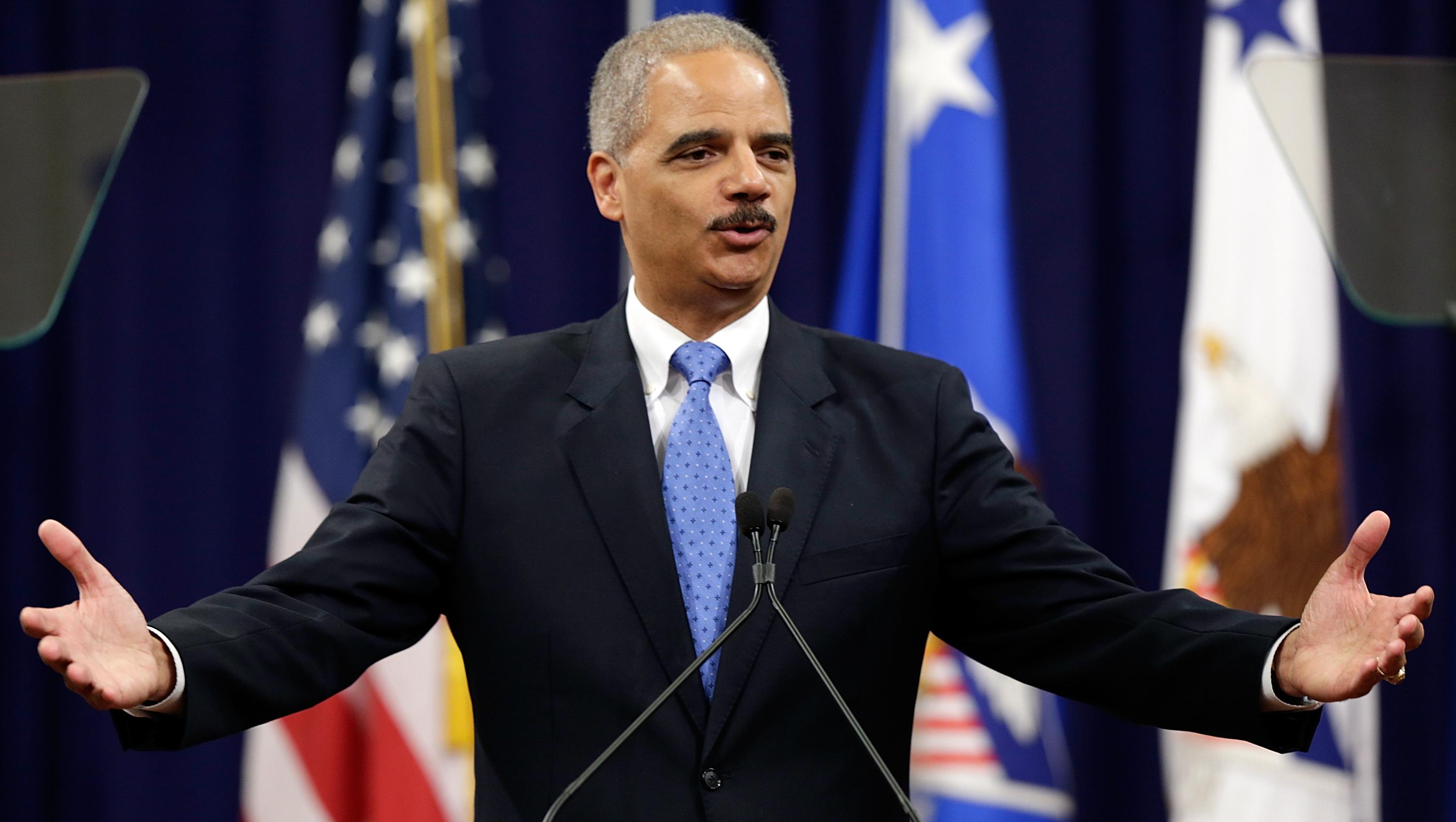The Obama administration gets this week’s news cycle off to a fast start with news of a major prison reform package that will, most notably, look to avoid strict mandatory minimum sentences for low-level, nonviolent drug offenders. According to those reporters briefed on the official announcement set for this afternoon, the administration will circumvent the federal laws that require the mandatory minimums with a little bit of bureaucratic sleight of hand: The Justice Department will order prosecutors to simply omit listing the quantities of the illegal drugs in the indictments for those nonviolent offenders, thereby sidestepping the laws that would require the lengthy mandatory minimum sentences in the first place.
The more lenient policy won’t be open to everyone, of course, only those nonviolent offenders with no ties to gangs or large-scale cartels, and who have no significant criminal history and did not sell to minors. Here’s the New York Times with the broad outline of the larger plan the attorney general will unveil in California this afternoon:
Eric H. Holder Jr., in a speech at the American Bar Association’s annual meeting in San Francisco on Monday, is expected to announce the new policy as one of several steps intended to curb soaring taxpayer spending on prisons and help correct what he regards as unfairness in the justice system, according to his prepared remarks. Saying that “too many Americans go to too many prisons for far too long and for no good law enforcement reason,” Mr. Holder is planning to justify his policy push in both moral and economic terms. …
Mr. Holder will also introduce a related set of Justice Department policies that would leave more crimes to state courts to handle, increase the use of drug-treatment programs as alternatives to incarceration, and expand a program of “compassionate release” for “elderly inmates who did not commit violent crimes and have served significant portions of their sentences.”
The policy changes appear to be part of Mr. Holder’s effort, before he eventually steps down, to bolster his image and legacy. Turmoil over the Congressional investigation into the botched Operation Fast and Furious gun trafficking case ensnared him in the Obama administration’s first term, and more recently, controversy has flared over the department’s aggressive tactics in leak investigations.
Holder is also supposed to introduce plans to reduce punishments for other nonviolent criminals, including finding alternatives to prison. “A vicious cycle of poverty, criminality and incarceration traps too many Americans and weakens too many communities,” Holder will say, according to published excerpts of his speech. “However, many aspects of our criminal justice system may actually exacerbate this problem rather than alleviate it.”
